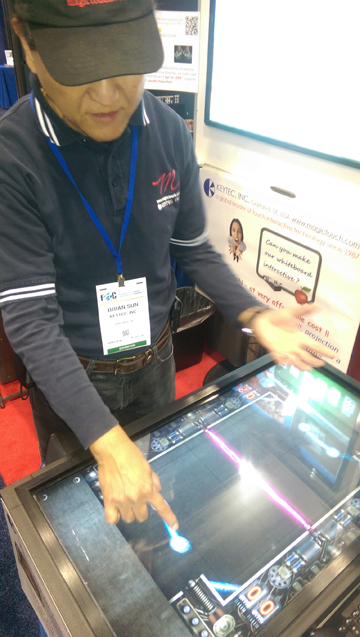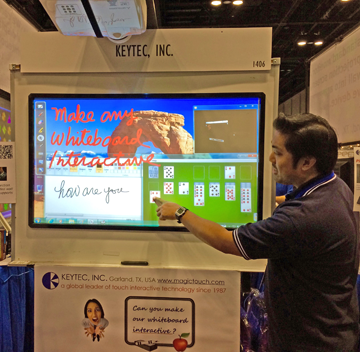I attend several ed tech conferences a year and after a couple of decades I have come to some conclusions about the ed conference game.
Educators are attracted to shiny new things? I fall into this group. By new things, I actually mean new gadgets, new instructional philosophies and new instructional strategies. Professional presenters develop an ever changing schtick – making, coding, storytelling – in order to satisfy this demand.
I also attend at least one educational research conference a year. Certainly, there are trends in the topics that seem most dominant, but things move more slowly from year to year and ideas are openly challenged. The community as a whole looks at proposals and asks do they work, what does work mean, why does it work, what are the boundary conditions that define effectiveness, etc.
Don’t interpret this as criticism of any given shiny new thing, but learning is not magic. What are the first principles? How do learning experiences impact cognition? How do experiences modify motivation? I would argue the history of educational trends would argue against limiting our perspective to what tends to impress us at any given point in time. The transition from one shiny thing to the next comes with overhead. It takes time and it takes money to make transitions from one thing to the next. There will always will be those who both feed and take advantage of this constant overhead. They show educators the new things, explain how the new things are applied, and accept payment in return. These individuals should not be our only educational heroes.
I wish conferences offered some combination of proposed practical tactics and critical examination. I wonder how this could be accomplished? What if one of the key notes was given by a relevant educational researcher? Researchers and practitioners now seem to not only work in different worlds, but seek out conferences that further distance these two communities.
11 total views





You must be logged in to post a comment.